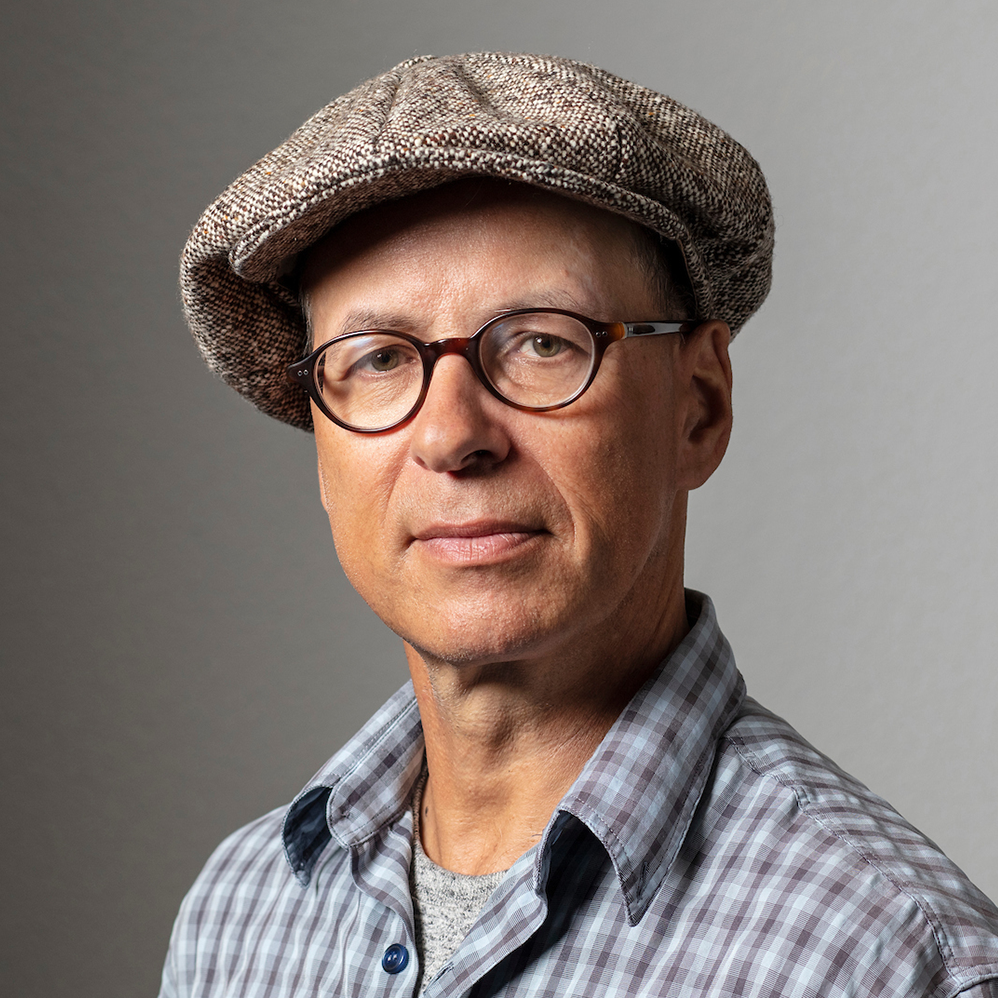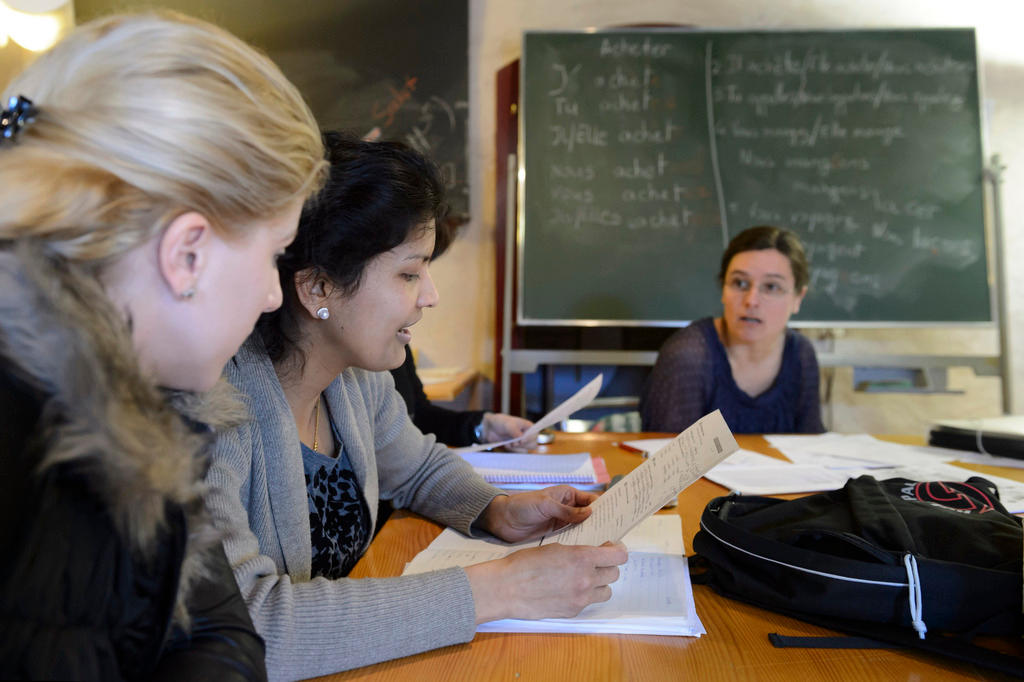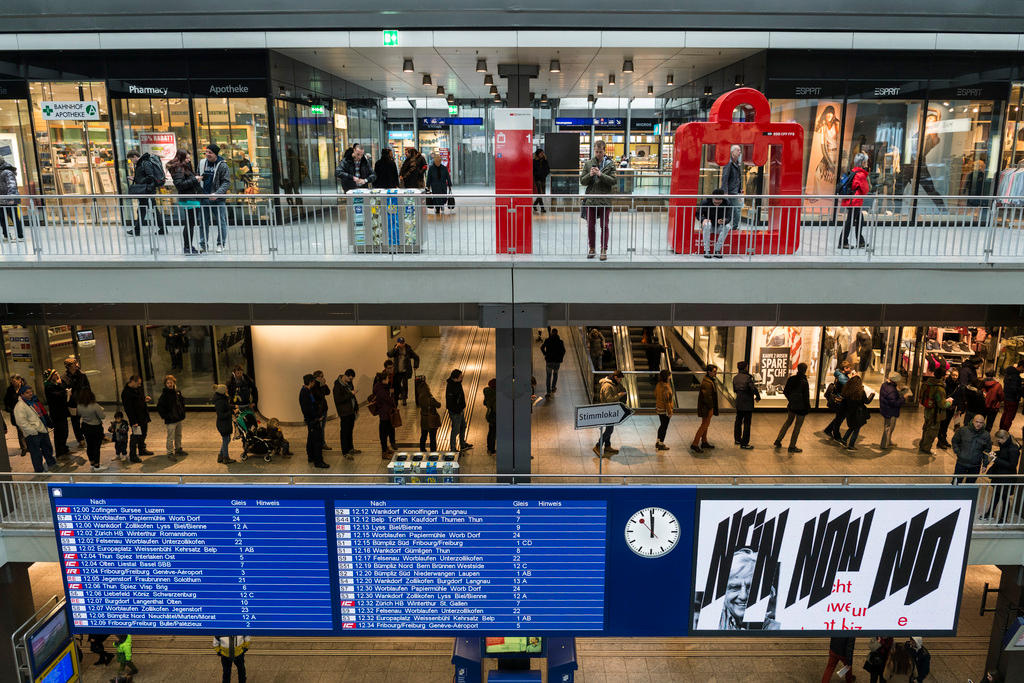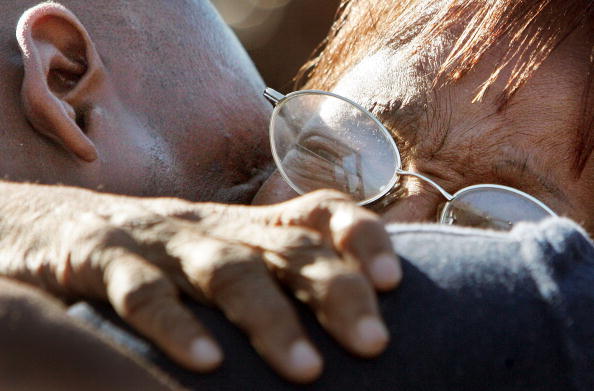Is global democracy in decline or development?

The Economist magazine’s Democracy Index 2017 sees “free speech under attack” and global democracy in “disturbing retreat”, but swissinfo.ch’s global democracy correspondent Bruno Kaufmann calls the findings into question.
More than half the countries compared by British magazine EconomistExternal link saw their democracy ratings drop last year – 89 out of 167 countries.
The report, published last month, says that only 5% of the global population lived in “true democracies” in 2017, while nearly a third of the population was under authoritarian rule. The authors see “the biggest decline in years”.
Switzerland is still among the top ten in the democracy rankings, but dropped from eighth to ninth position. Leading the table is Norway, followed by Iceland, Sweden, New Zealand, Denmark, Ireland, Canada and Australia.
Switzerland shares its position with Finland, while Chad, Syria and North Korea are bottom of the list.
Financial transparency
“Switzerland continues to struggle when it comes to transparent rules on the financing of political parties,” says Kaufmann. “Efforts inside and outside parliament to tackle the issue are regularly dismissed as unnecessary. This undermines democracy.”
Scandinavian countries are miles ahead of Switzerland with its opaque system, he adds.
Kaufmann also says Switzerland lags behind in the political integration of foreign residents. “The Nordic countries are more progressive about granting participatory rights.”
Narrow scope
The comparison is based on 60 indicators and five categories: electoral process and pluralism; civil liberties; the functioning of government; political participation; and political culture.
This is an article in the series #DearDemocracy, the direct democracy platform of swissinfo.ch.
Kaufmann does not criticize the applied criteria as such, but argues that they are too few and the scope too narrow.
“They only list voter turnout in elections and membership figures of trade unions under the category political participation. But it leaves out possibilities of direct democracy and citizens’ participation in a Swiss-style democracy with initiatives and referendums,” says Kaufmann.
This explains why Nordic countries have such high scores, according to Kaufmann, who lives in Sweden and has dual Swiss-Swedish nationality. This is despite the fact that Swedes are among the citizens who hardly ever have a direct say in political decision making processes, he points out.
Local democracy
Kaufmann says the comparison is done only at the level of nation states. Possibilities and developments at a regional and local level, where it is often easier for citizens to play an active part, are not considered in the index.
He points to the Global State of DemocraciesExternal link report published last September by the Institute for Democracy and Electoral Assistance (IDEA), an organisation of 30 countries including Switzerland.
“Globally democracies are astonishingly resilient, according to the IDEA report,” says Kaufmann. “Participatory rights have even become stronger at a local and regional level over the past few years.”
He says the research project Varieties in DemocracyExternal link (V-DEM), which used no less than 400 democracy indicators, confirms this.
Kaufmann says he can’t turn a blind eye to the pressure on democracies, including Turkey.
“But in-depth analyses such as the reports by IDEA and V-DEM have found progress in the development of democracy. It’s out of place to speak of a ‘disturbing retreat of global democracy’”.
Adapted from German/urs

In compliance with the JTI standards
More: SWI swissinfo.ch certified by the Journalism Trust Initiative







You can find an overview of ongoing debates with our journalists here. Please join us!
If you want to start a conversation about a topic raised in this article or want to report factual errors, email us at english@swissinfo.ch.